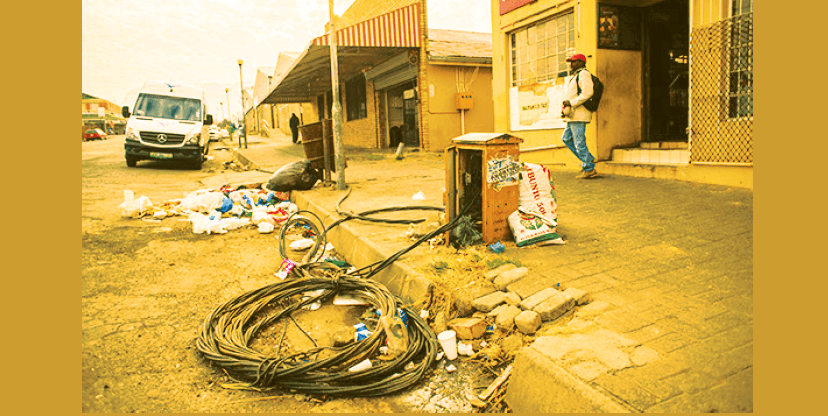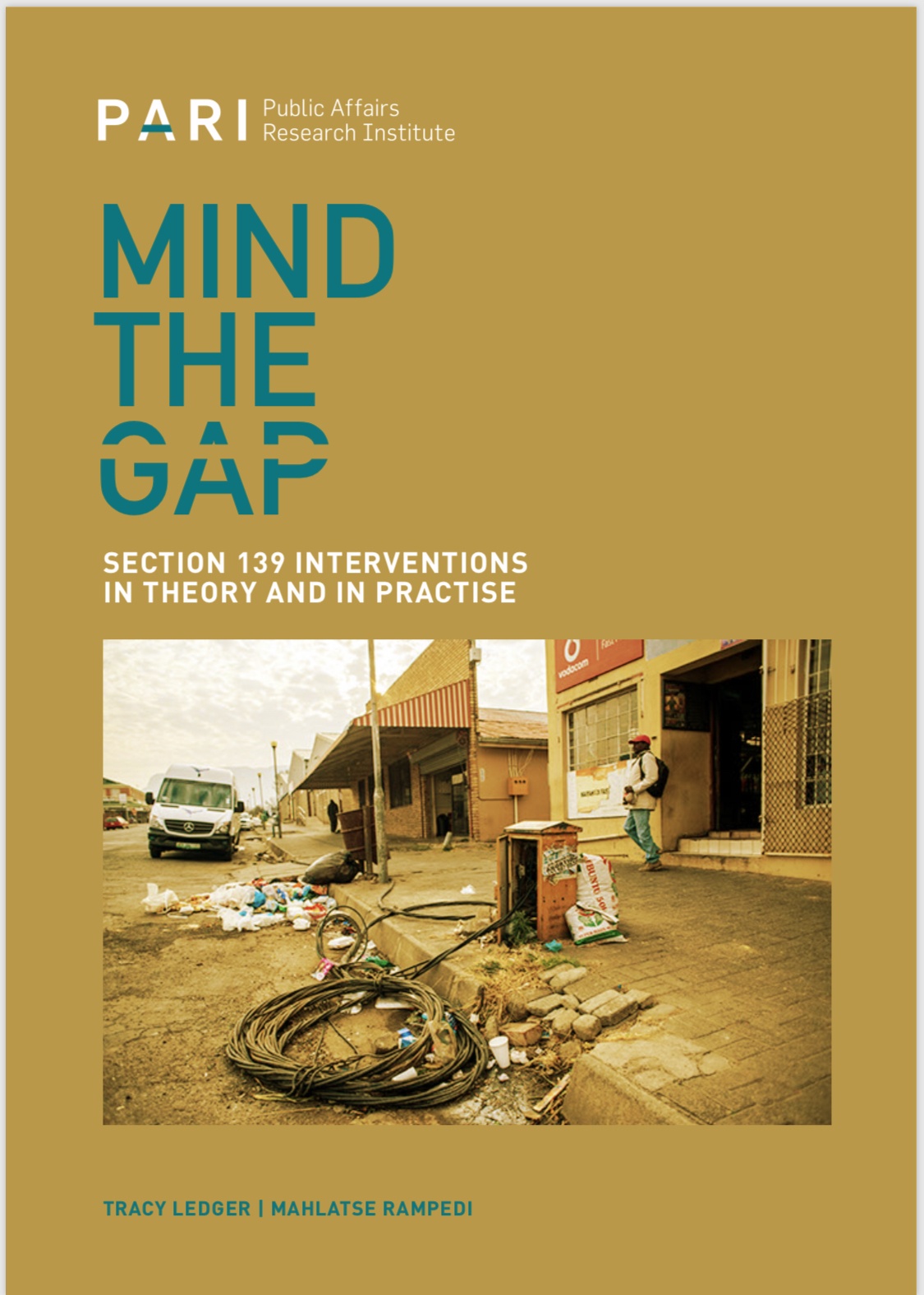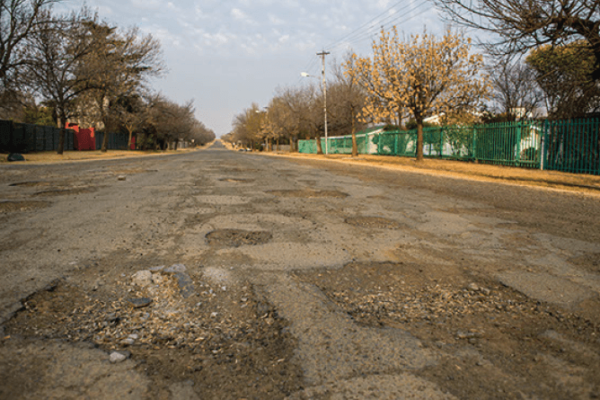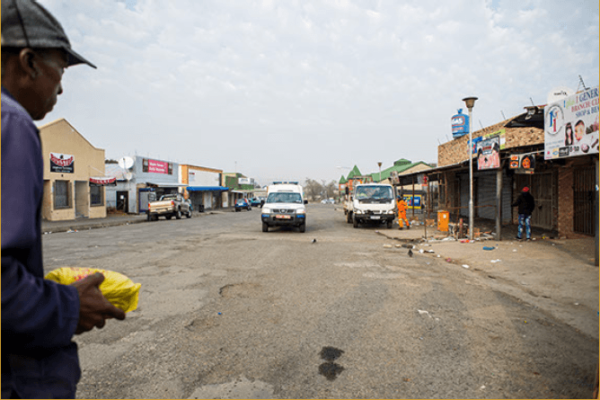By Tracy Ledger and Mahlatse Rampedi
“There are fifteen municipalities that for the last three consecutive years have received either a disclaimer or adverse audit outcome, or have failed to submit their financial statements on time, or a combination thereof. More than thirty municipalities have achieved that dubious distinction in the last two consecutive years. This group represents a complete breakdown in good governance and municipal management and, in many cases, the misappropriation of considerable amounts of public money. Most importantly, they indicate a deep-rooted and long-term serious problem that no one seems able (or willing) to address. These are places where the municipality struggles to deliver even the most basic services, a significant percentage of municipal infrastructure has disintegrated alarmingly (due mostly to a lack of maintenance), and the municipality can barely be considered a going concern. Often the causes of these problems can be traced to maladministration, corruption and theft of public assets. In many examples, the municipality has become the central site of local political battles, so that employment and contracts are traded as part of a wider jostling for political influence. There is little regard for even the most basic principles of good governance or the needs of the wider community.
Our research has shown very clearly that almost irreparable harm is done to a municipality that is permitted to remain in a state of operational and financial failure that could correctly be termed ‘collapse’ (a term that could probably be applied to at least 30 municipalities in South Africa) for any meaningful period of time. Infrastructure that has fallen into disrepair (particularly infrastructure that is necessary for municipal revenue generation, such as water and electricity meters) cannot be replaced or repaired, since there simply isn’t any money available. The same applies to critical service delivery infrastructure, such as sewerage works or water pipelines: once these have broken down, it takes many years before there are sufficient funds available to repair them adequately. Senior managers in municipalities where there has been a concerted effort to repair the institution after a long period of neglect (such as in Oudtshoorn) still estimate that it takes around five to seven years to get a municipality back on a sound financial and operational footing after as little as three years of serious neglect. During this recovery period, service delivery levels can remain under pressure, due to broken infrastructure and a lack of resources.
Deeply dysfunctional municipalities might only make up a minority of all local authorities, but the implications of their current state for the people unfortunate enough to live there are horrendous. Many households do not have access to even the most basic services on a reliable basis, and generally the municipal government is completely unresponsive to residents’ demands. The irony is that in all of these municipalities there are multiple ‘support’ programmes in place, designed to address all of these issues and well-funded by a range of government departments and agencies. None of them seem to be having more than marginal impacts, despite the considerable amount of resources allocated to these programmes.” […]








